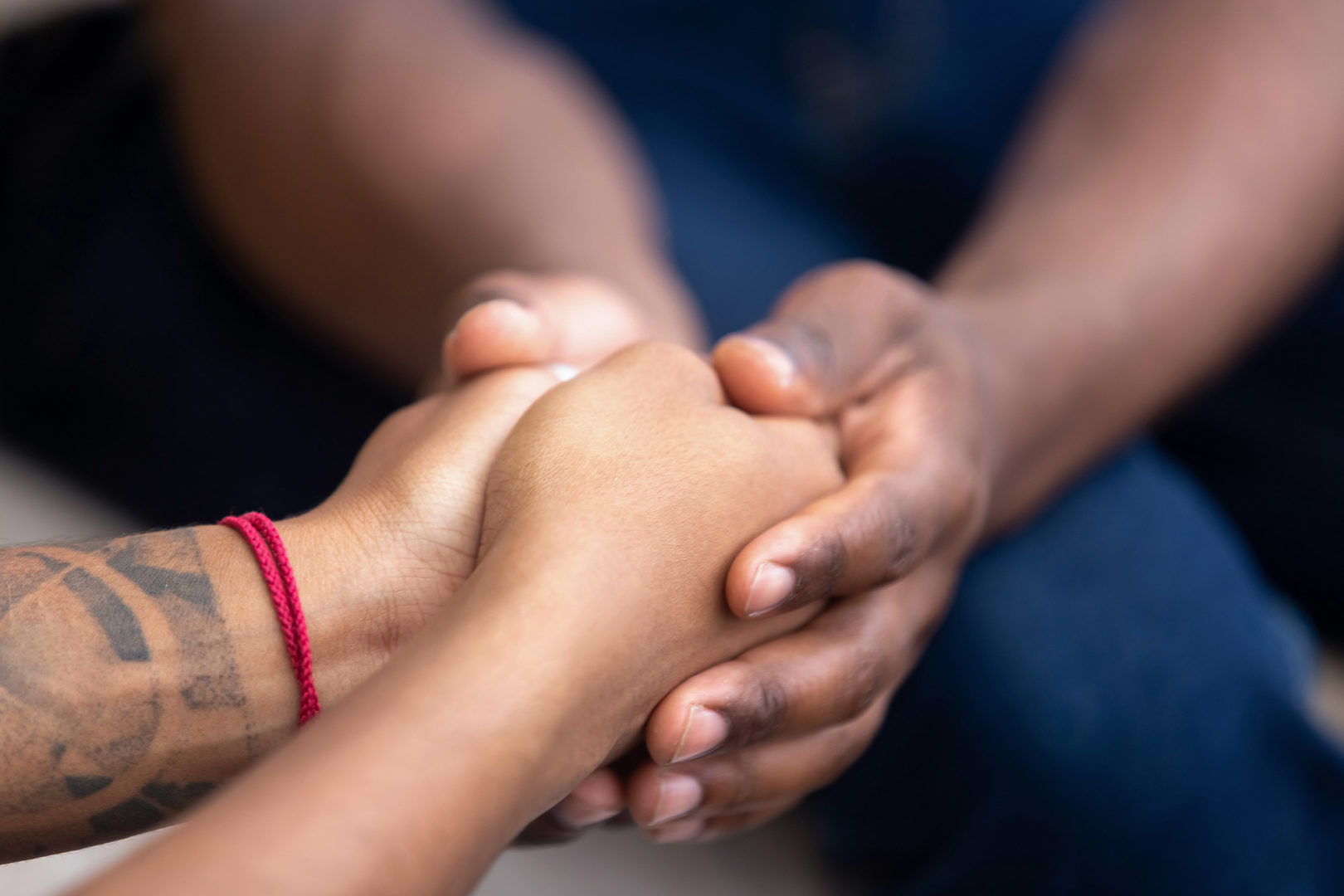Did you know that, in the U.S., Black people are three times more likely than white people to experience the death of multiple family members before turning 30? Though grief is universal, meaning it happens to all of us, grief disproportionately affects Black and African American communities. There is a grief gap in society, and while it has been relatively hidden, more and more people are starting to understand and respond to this issue.
Historically, research around death and grief primarily focus on white populations. What is the result? Black and Brown people are not fully included, and the real picture is skewed. We know that racial disparities are seen across the board — from healthcare to education to employment — which is harmful and, when it comes to research, contributes to the misunderstanding of diverse populations.
A harrowing statistic: Black ten-year-olds are three times more likely to experience the death of their mother, more than two times more likely to experience the death of their father, and 20% more likely to have experienced the death of a sibling compared to their white peers. And while we all know too well that the experience of one family member’s death has significant adverse effects on the overall well-being, physical and mental health of people, the impact of multiple significant losses can be astounding for Black children and adults.
But Black people aren’t just dealing with their own losses privately in the safety of their own home, they’re also dealing with collective grief. There is a deep sense of loss that is shared and felt when another Black person in the news is hurt or killed. Feelings like, “This could easily be my person, my brother, my father, my friend, my uncle, my sister, my spouse, my child.” The impact of grief and collective loss creates a lifelong ripple effect for generations to come, which continue to lead to systemic disadvantages.
There has also unfortunately been a skewed focus on homicide in the Black and African American population. And in a population where studies on the impact of grief are so low, conducting studies that focus only on one type of death within a community creates a false notion that Black and African Americans primarily die of violent death. The information that can be gathered is on the impact of stigmatized death but does not provide a clear picture or understanding of what the grieving process entails for deaths outside of violent death.
While research has only just begun to scrape the surface of the grief gap experienced by Black and African American people, our hope is that we can continue to shine a light on the experience and disparities within our communities. That certainly has been and will remain a priority at our grief camps for youth.

And there is a huge reluctance to go for grief support. The culture does not encourage this.
I cannot stress enough the power of counseling because it does make a difference